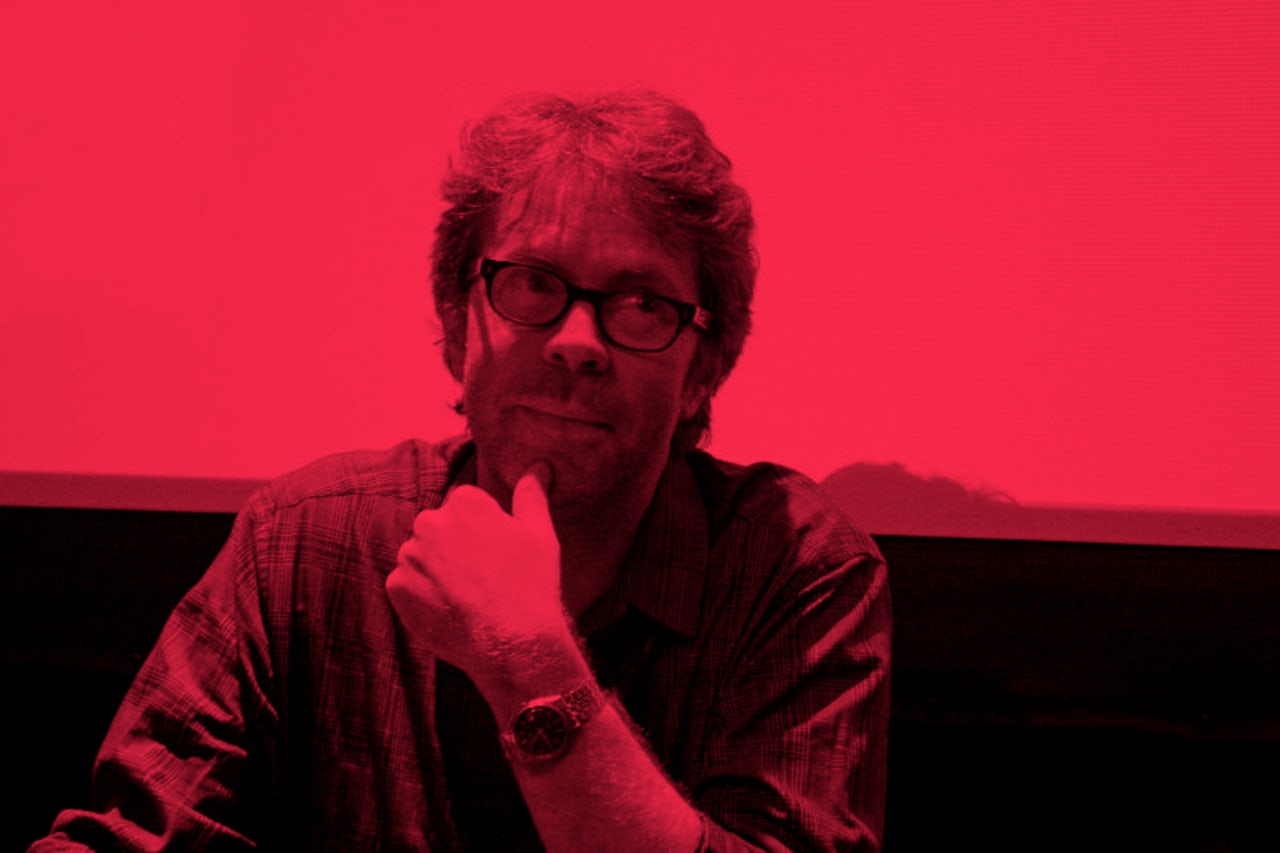On Thursday, I opened up Twitter and saw that Jonathan Franzen, Very Famous Novelist, was a “trending topic” on the venerable (read: never good) social media platform. Ah!, I thought to myself, Jonathan Franzen, Very Famous Novelist, is trending on Twitter Dot Com! Does he have a new novel coming out? Did he write another endearingly boring article about how much he loves looking at birds? Was he the subject of yet another profile where he took the interviewer to go look at birds? Whatever it is, I look forward to not reading it.
However, people were talking about Jonathan Franzen not because he has another novel coming out (though The End of the Earth, his new essay collection, was released last week). They were not talking about him because he wrote another article about how much he loves looking at birds (though I can only assume The End of the Earth will definitely have like four essays somehow related to birds), nor were they talking about him because he was the the subject of yet another profile where he took the interviewer to go look at birds (though, curiously enough, he actually was the subject of such a profile this week). Instead, he did the thing that famous writers are often asked to do, which is make a list of his personal Rules for Writing™. People who want to be famous writers like reading such lists because they tease at some sort of roadmap, however obtuse or unilluminating, for how to become a famous writer. People who publish websites full of writing like running them because they offer an opportunity to attach a famous writer’s name to their website, and famous writers, I would assume, don’t mind making such lists, because they take ten minutes to do and serve as confirmation that their creator — a writer — is, in fact, famous.
Anyways, you should not follow Jonathan Franzen's Writing Rules literally or dogmatically. But, as we have established, no short list of rules for writing should ever be followed literally or dogmatically. Writing is the sort of thing that you can never perfect — it takes years of reading and writing and submitting and having your submissions rejected and then isolation and overcoming crippling self-doubt just to become a not-completely-terrible writer, so no list, no matter how fantastic it is, will serve as an end-around to what is ultimately a life-shorteningly excruciating process of trial and error. Jonathan Franzen knows this, and yet he also knows that he would like people to buy his new book of essays, and so, he dutifully assembled his list of Writing Rules.
Despite their sheer inanity — one of Franzen’s rules is just, “Interesting verbs are seldom very interesting” — Twitter tore Franzen to shreds, which is a thing that periodically happens to Jonathan Franzen and is also probably one of the reasons he’ll tell anyone who’ll listen that he hates the internet. At this point, the interplay between Franzen and the online hordes seems almost symbiotic. The literary internet likes having a punching bag to help itself forget that everything both inside and outside the literary internet is terrible. Meanwhile, the collective anger directed at Franzen is the type that spreads in waves while diminishing in intensity, dissipating into our wider culture until by the time it reaches the kind of people who buy books at airports — in other words, those who buy Jonathan Franzen’s books — what was once a sheer bolt of rage becomes a vague awareness that Jonathan Franzen is still writing books, and whaddya know here’s one in the airport, might as well buy it.
There are legitimate reasons to not like Jonathan Franzen. The most pressing, perhaps, is that in this current cultural moment, the most famous writer of literary fiction should probably not be a middle-aged white guy who only writes about the ennui of the privileged (and also birds) but this is not necessarily Jonathan Franzen’s fault. While anyone who’s read The Corrections can probably tell that Franzen is an author with the talent — and more importantly, the ambition — to transcend the people-with-M.F.A.’s-doing-readings-in-stuffy-Brooklyn-apartments milieu and reach a wide audience, the fact that he became the author is more than anything a result of his close friend and sometimes-rival David Foster Wallace not being around to sit on the throne. If Wallace were still with us, I have no doubt that he’d be the one drawing all the heat. But he’s not, and so Jonathan Franzen, the slightly more commercial and slightly less dazzling Jay Z to Wallace’s slightly less commercial and slightly more dazzling Notorious B.I.G., is the guy everybody yells at online.
Franzen’s reign on top, though, may end up being short like leprechauns, and indeed, in many ways it is already over. His sales have been slipping ever since 2010’s Freedom, and though he’s made it clear in interviews he’s not going to stop writing his Big Ambitious Novels any time soon, that doesn’t mean we have to keep talking about him. I get the sense that at this point, Franzen would be happy if we didn’t.

